Back to Courses
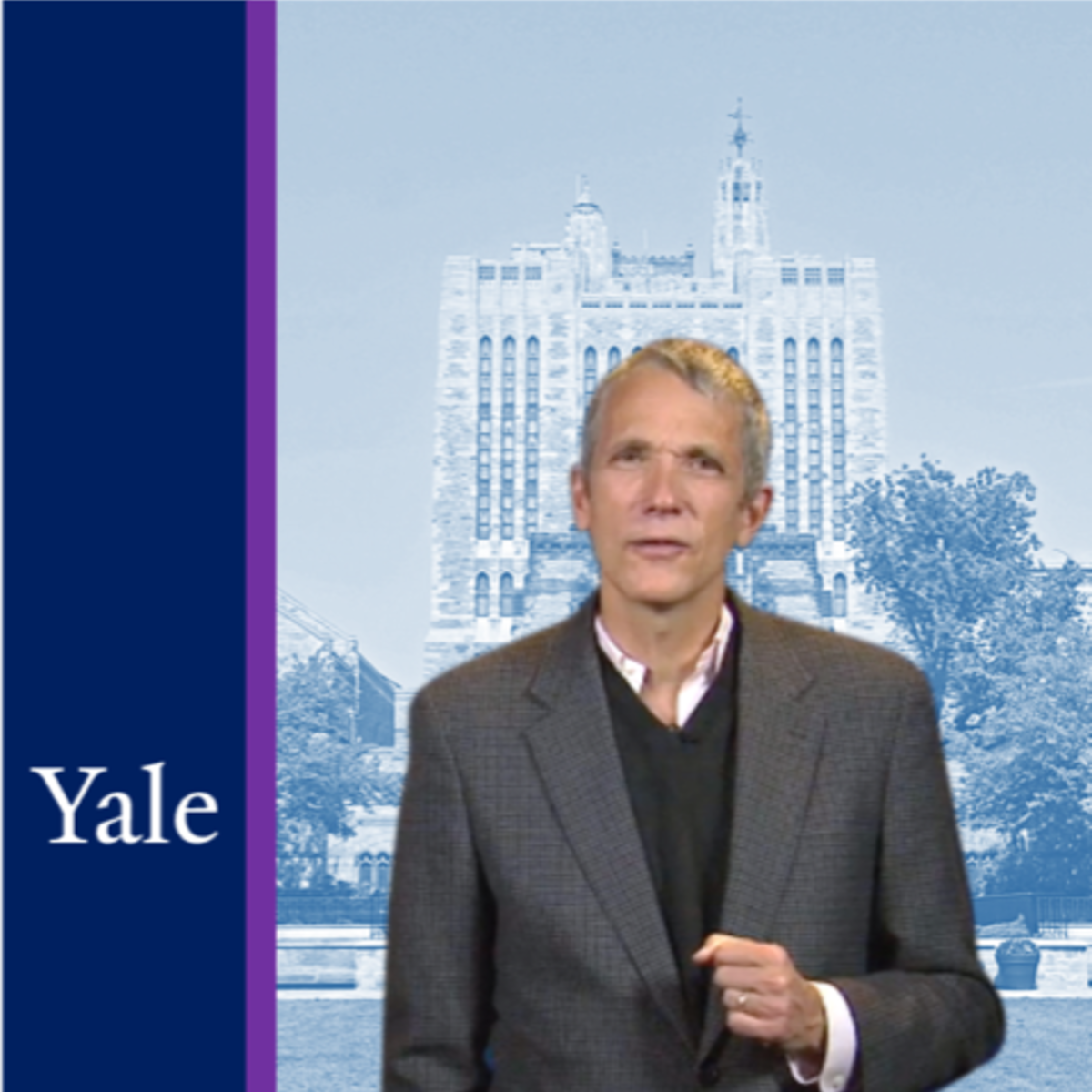



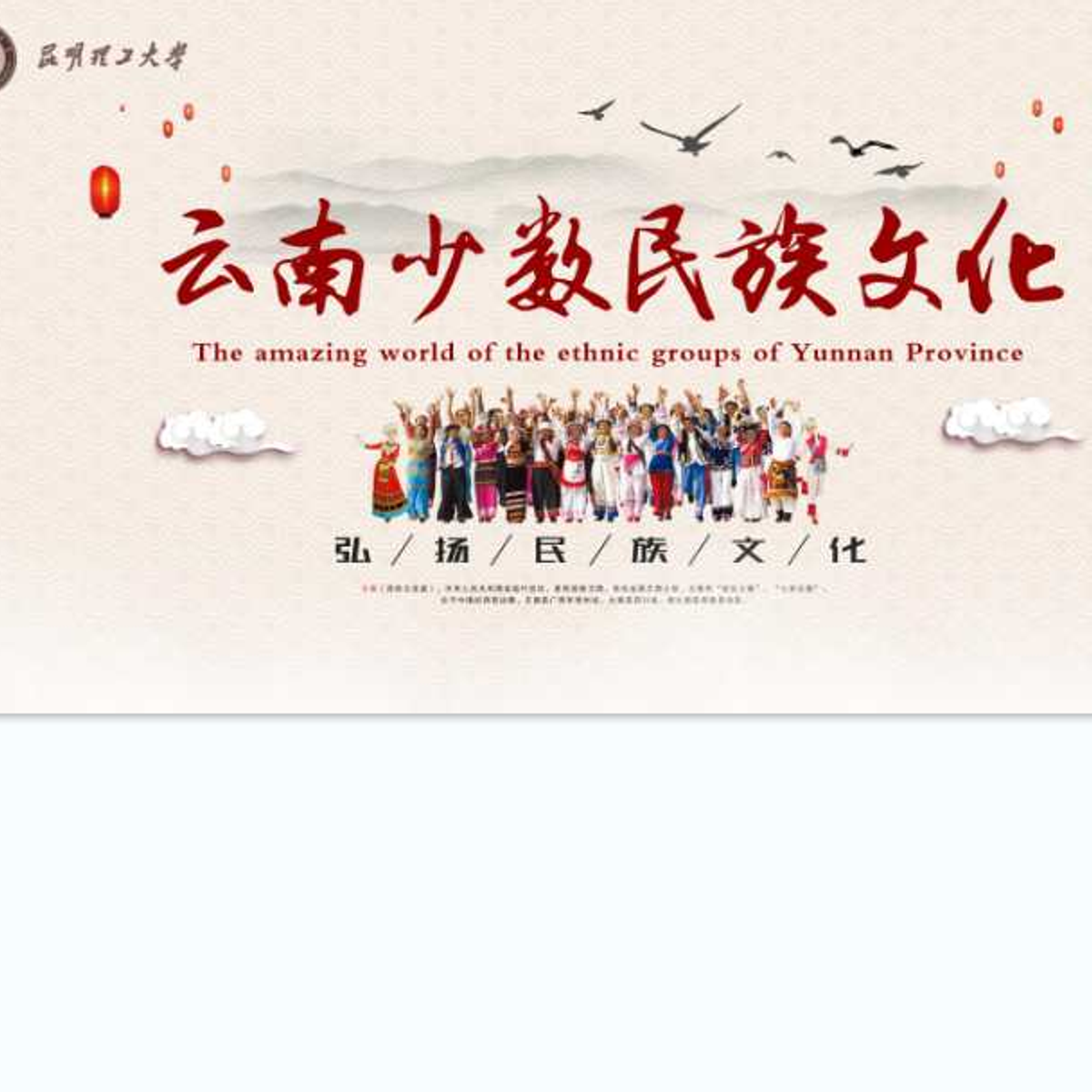
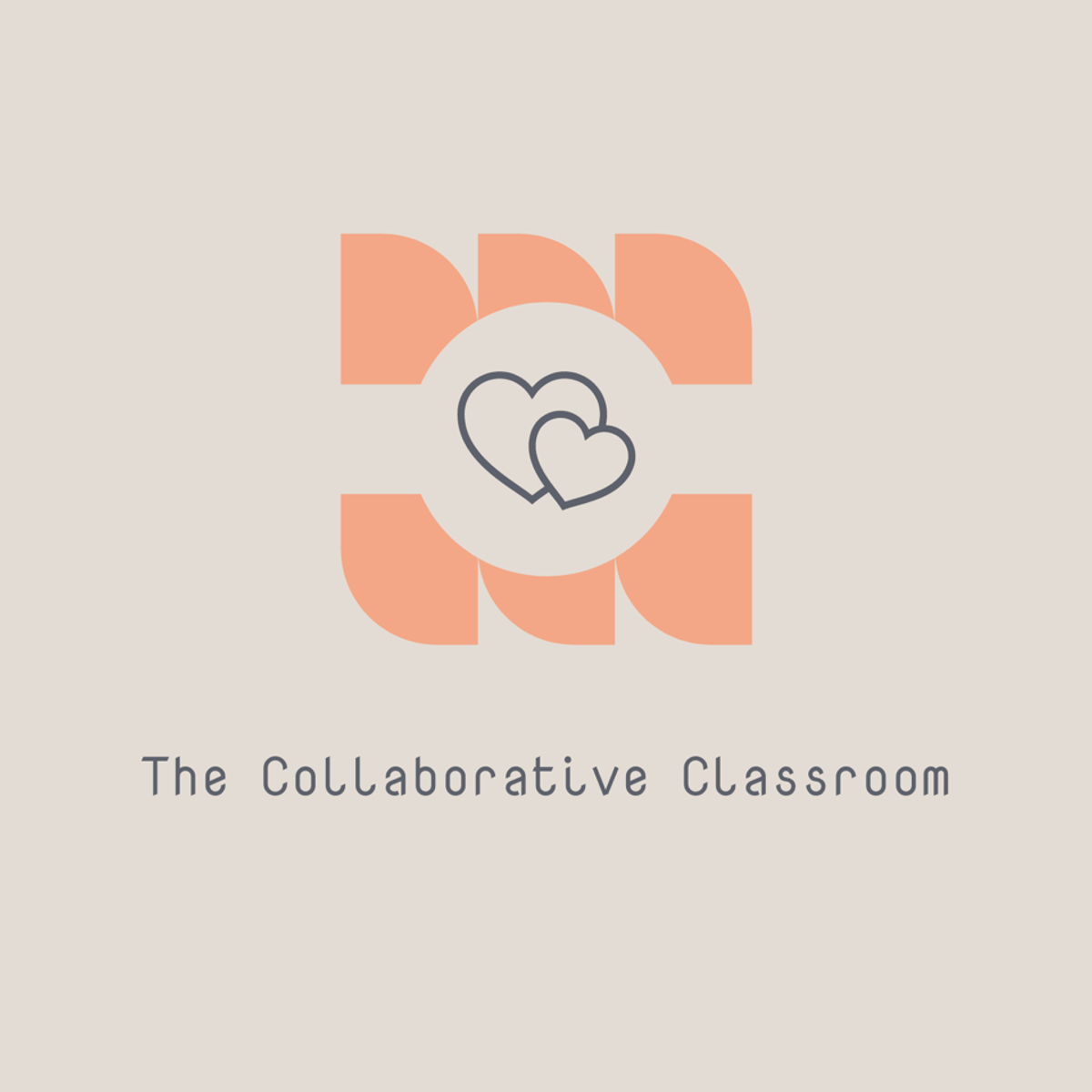
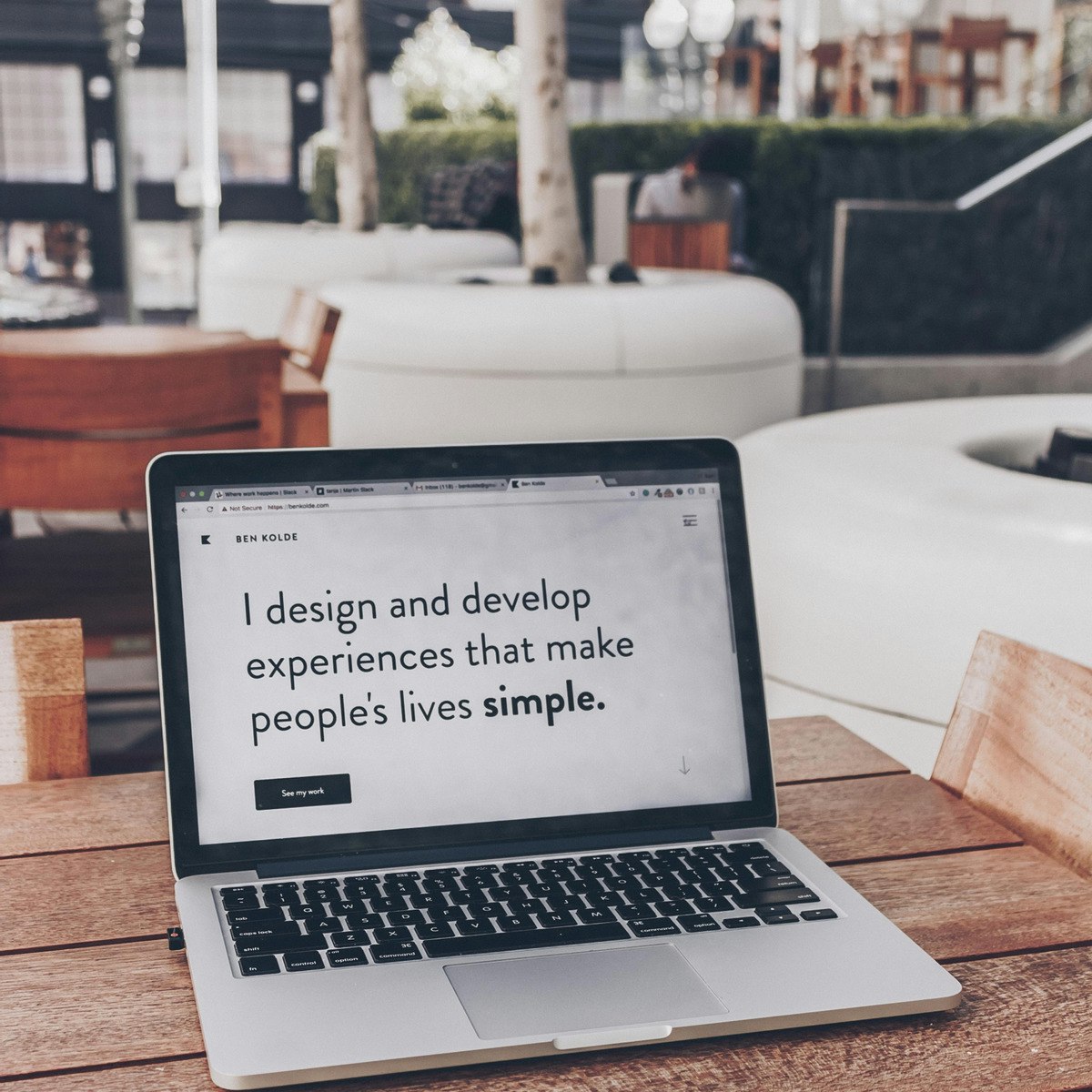
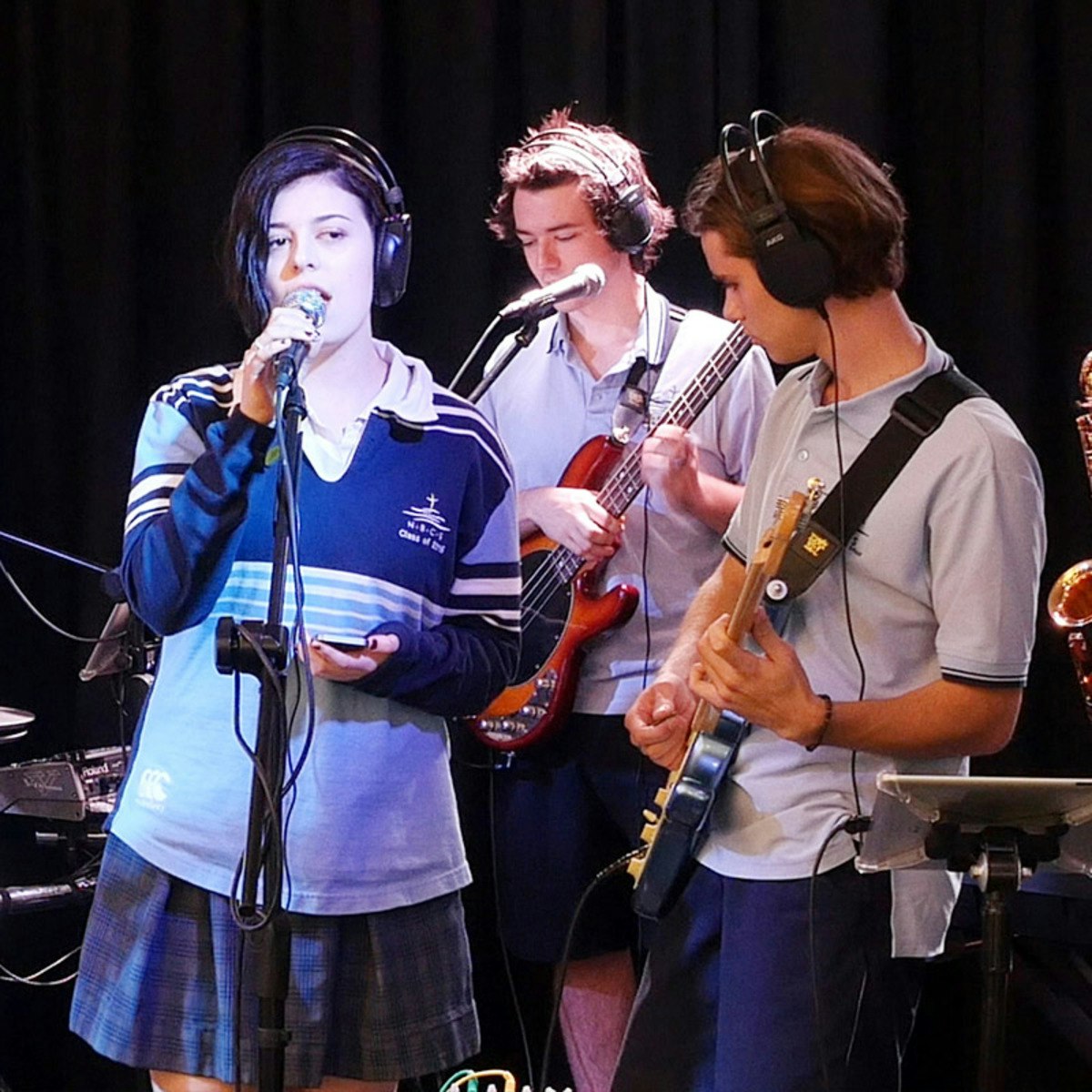

Social Sciences Courses - Page 61
Showing results 601-610 of 672

Data Literacy Capstone – Evaluating Research
This is the final course in the Data Literacy Specialization. In this capstone course, you'll apply the skills and knowledge you have acquired in the specialization to the critical evaluation of an original quantitative analysis. The project will first require you to identify and read a piece of high-quality, original, quantitative research on a topic of your choosing. You’ll then interpret and evaluate the findings as well as the methodological approach. As part of the project, you’ll also review other students’ submissions. By the end of the project, you should be empowered to be a critical consumer and user of quantitative research.

American Contract Law I
American Contract Law I (along with its sister course Contracts II) provides a comprehensive overview of contract law in the United States. The course covers most of the key concepts found in a first year law school class. Each lecture is based on one or more common-law cases, integrating legal doctrines with policy discussions. The course also covers key sections from the Uniform Commercial Code (UCC), which governs the sale of goods.
By the end of the course, the learner should be able to understand:
Formation: how a valid and enforceable contract is created, including concepts such as offer, acceptance, consideration, and promissory estoppel.

Identifying Social Entrepreneurship Opportunities
This Course will clarify the definition and meaning of Social Entrepreneurship and will focus on the need to learn about the source and root of a social problem. You will be introduced to different perspectives about Social Entrepreneurship and you will learn about complementary and opportunistic assets which will help you to detect an opportunity and develop an idea of how to create a business for social change.
From a practical perspective you will be asked to initiate a team formation process and start to think about a problem topic that you want to address with your social venture in the future. You will work in a team to research this topic and will gradually start to think about a particular opportunity and identify a purpose for your social venture project.

EU policy and implementation: making Europe work!
People have become more critical of EU policy and often seem to prefer local policy solutions in response to globalisation problems. How do you experience EU policy? Does it help? And if not, how can we change this? In this course, we learn how the European Union prepares and decides on policy, and how policy is transferred to member states and implemented by various authorities, including regional and local governments. We discuss the challenges of the European multi-level governance structure. We also focus on the main causes of policy failure or success. On this journey, we focus on actual policy and present the views of various experts: how easy is it to establish yourself in another EU-country? How do governments make sure that the air you breathe is clean? And who is responsible?
You will be able to do research together in your own local setting. Research on implementation in which you can make comparisons between different countries or areas. If you live outside the EU, this is not a problem. We have developed assignments in such a way that you can do research in your area and compare your findings with others.
This MOOC has been rated as one of the best MOOCs of 2017 and is currently in the Top 50 MOOCs of All Time of Class Central
So, are you curious? Please join: 'EU policy and implementation: making Europe work'. Watch our trailer video at https://www.youtube.com/watch?v=n3nSN9R3VR4

European Citizenship – Development, Scope, and Challenges
All citizens in the EU are granted a European Citizenship on top of their national citizenship. Which rights and opportunities does this supra- and transnational citizenship provide? And what are the challenges and dilemmas of the two-level citizenship – for individuals, for the member states and for the union? This course examines the development, the scope and the challenges of European Citizenship.
The course has a threefold aim: to explore the development, application and current challenges of European citizenship. This aim is examined through three modules. The first module focuses on the development of European Citizenship: What are the substantive rights of citizenship beyond the state, and which institutions have been key to their development? Here, we focus on free movement for persons, cross-border welfare, and political rights – especially the European Citizens' Initiative. The second module focuses on the application of EU citizenship: How is EU citizenship practised? Is EU citizenship limited or extensive when compared to the US federal system, for example? Is it still foremost a right for those who move from member state to member state, but not for those who stay in their member state of origin? Finally, the third module examines the extent to which the rules and rights around European citizenship have been contested and politicized during the last decade. In this part of the course, we also look into the de-Europeanisation of citizenship through Brexit.
The course is funded by Erasmus+ and developed by the 4EU+ University Alliance, consisting of six European Universities: Univerzita Karlova, Universität Heidelberg, Sorbonne Université, Københavns Universitet, Università degli studi di Milano, Uniwersytet Warszawski.

The amazing world of the ethnic groups of Yunnan Province
Yunnan, abbreviated as Yun and called Dian for short, is a multi-ethnic province which has historically been situated in the southwest frontier of China. Over time, the ethnic minorities evolved into splendid cultures, each with their own unique social life, religious beliefs and customs. The course is taught in English and provides an introduction to 25 ethnic minorities in Yunnan Province, namely the Yi, Bai, Hani, Dai, Zhuang, Miao, Hui, Lisu, Lahu, Wa, Naxi, Yao, Jingpo, Tibetan, Bulang, Buyi, Achang, Pumi, Mongolian, Nu, Jinuo, De'ang, Shui, Man and Dulong nationalities. By participating in this course, you will gain fascinating insights into the culture of each ethnic group as we look in turn together at their geographical location, population distribution, language, costumes and diet, festivals and holidays, religious beliefs, literature and art, etc. This course aims to improve your English and bring these amazing people groups in Yunnan Province to life. we are sure you will thoroughly enjoy this course.

Inspire Student Learning with Showbie
Project Description
Length: 60 minutes
Software needed for Rhyme:
Showbie
By the end of this project, you will be ready to use Showbie to streamline your organization, communication, and teaching. Showbie combines the “essential tools for assignments, feedback and communication in one beautiful, easy-to-use app… this means more time for teaching and learning.” From portfolio building to parent communication, Showbie allows teachers to inspire students and connect parents as meaningful learning experiences are shared and celebrated.
Throughout each task, we will work together to ensure that you are able to use Showbie with your class right away. We will set up your class and practice using each of the tools Showbie provides so that you can achieve success with your class. Whether you teach online or in the classroom, Showbie can help to simplify and streamline your teaching toolbox.

Using the Accessibility Checker Tool in Microsoft Word
By the end of this project, you will be able to conduct a basic accessibility audit of a Word document. You will use tools such as the Word accessibility checker and a color contrast analyzer. You will also be able to identify key components that need to be checked by human eye.

The Place of Music in 21st Century Education
What do children need from education now, and in the future? How is technology best used in teaching and learning? How can innovative approaches to education be reconciled with established, traditional ones? What does student-centred learning really mean?
This five module course is not just for classroom or ensemble music educators. It’s suitable for anyone interested in creativity-infused education, in contemporary education issues, and in the integration and use of digital technology. It’s designed to challenge old paradigms, to inspire innovative and creative pedagogical philosophies, and to develop your ability to critically respond to the latest research.
We’ll visit schools with vastly different approaches to learning and teaching, and meet inspiring teachers and principals. We’ll venture inside the classroom to closely observe how technology is integrated with music education – or how it’s decidedly not!
We’ll talk to international leaders and experts about innovative and traditional approaches to music education, and I’ll provide insights from my own practice as well as from some of my students.
I’ll be provoking you to think critically and creatively, to develop your own ideas and theories around students’ educational needs and the impact of digital technologies, now and into the future.
Copy and paste this link into your browser to watch the trailer:
http://tinyurl.com/music-education-21st-century

Engineering Life: Synbio, Bioethics & Public Policy
Synbio is a diverse field with diverse applications, and the different contexts (e.g., gain-of-function research, biofuels) raise different ethical and governance challenges. The objective of this course is to increase learners’ awareness and understanding of ethical and policy/governance issues that arise in the design, conduct and application of synthetic biology. The course will begin with a short history of recombinant DNA technology and how governance of that science developed and evolved, and progress through a series of areas of application of synbio.
Content will be presented in many forms, including not only reading and lectures, but also recorded and live interviews and discussions with scientists, ethicists and policy makers. Learners will have the opportunity to think, write and talk about the issues and challenges in their own work and in real-life case examples. A final project will engage students in the development of governance models for synbio.
Popular Internships and Jobs by Categories
Find Jobs & Internships
Browse
© 2024 BoostGrad | All rights reserved